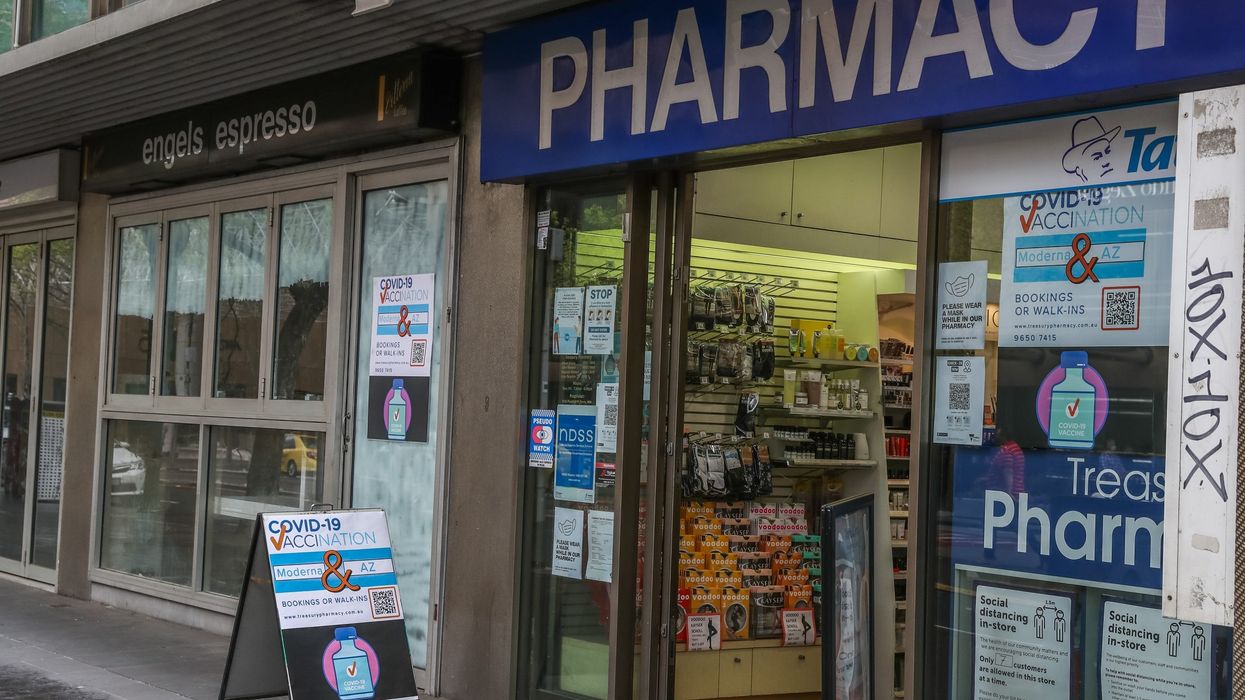New report by PAGB reveals that almost half of consumers are unaware of the Pharmacy First scheme, leading to unnecessary GP and A&E visits for treatable conditions
The Self-Care Census 2024, published by PAGB, the consumer healthcare association, highlights a significant gap in public knowledge about the Pharmacy First scheme, with 46 per cent of surveyed consumers unaware of its expanded access to prescription medicines.
Independent analysts estimate that self-treatable conditions account for at least 25 million GP appointments and 5 million trips to A&E annually.
Given the lack of confidence in self-treating among younger consumers, this unnecessary drain on NHS resources is likely to increase.
PAGB’s Self-Care Census 2024 report indicates a decline in the number of adults seeking advice from pharmacists for self-treatable conditions, dropping from 69 per cent in 2022 to just over half, which is, 52 per cent this year.
On a positive note, the additional training for surgery staff to prioritise patients needing GP care and redirect those with minor ailments to pharmacists appears to be effective.
The report shows that 32 per cent of patients were referred to a pharmacist by their GP practice or NHS 111.
However, there is still room for improvement as 75 per cent of GP appointments for self-treatable conditions resulted in advice to use an OTC medicine.
This highlights an increase of 17 percentage points from the previous year.
Alarmingly, 8 per cent of people admit that A&E is their first choice of healthcare for conditions they could treat themselves.
Unnecessary A&E Visits
Threadworm tops the list of self-treatable conditions prompting adults to visit A&E, with 14 per cent opting for emergency care instead of using a simple and effective OTC treatment.
Other conditions driving unnecessary A&E visits include sprains and strains (8 per cent), ulcers (8 per cent), thrush (7 per cent), fever (6 per cent), urinary tract infections (5 per cent), acne (5 per cent), ear infections (5 per cent), cuts and open wounds (4 per cent), and conjunctivitis (4 per cent).
Pharmacists can now provide many medicines over-the-counter which were formerly prescription-only, and in England, the Pharmacy First scheme allows pharmacists to prescribe medicines for several common conditions.
Despite these advantages, almost half of consumers surveyed were unaware of the Pharmacy First scheme and its expanded access to prescription medicines.
Mark Burdon, a pharmacist and advisor to PAGB, highlighted the underutilisation of pharmacists as highly trained healthcare professionals.
He emphasised their crucial role in protecting NHS resources by managing self-treatable conditions and identifying red-flag symptoms requiring further investigation.
More than 77 per cent of survey respondents agree that individuals should take more responsibility for their own health to ease the burden on the NHS.
The top ten conditions they feel most confident dealing with themselves include colds (70 per cent), coughs (59 per cent), and blocked noses (58 per cent).
“It is concerning to see that fewer people are seeking advice from pharmacists year on year – it feels like we’ve lost some of the progress that was made during the COVID-19 pandemic to drive confidence in the healthcare services and self-care support available outside of GP surgeries and hospitals,” Burdon observed.
“Pharmacies are often much more accessible with longer hours than GP surgeries and are often open at the weekends.
"Over 99 per cent of those living in areas of the highest deprivation are within a 20-minute walk of a community pharmacy, making the medicines available at pharmacies an accessible resource for people with health concerns.”
The Path Forward
Fully integrating pharmacy’s role in primary care is vital in creating a supportive self-care environment.
The PABG report states that the Pharmacy First scheme, introduced in England at the beginning of 2024, has been a positive step in this direction.
However, with 46 per cent of those surveyed unaware of the scheme, there is a clear need for increased education and awareness.
Survey data showcases growing support for integrating the role of pharmacies in primary care.
The number of people who agree that pharmacists should be able to update medical records to include any advice they have given or treatment they have recommended has increased to 73 per cent in 2024, up from 65 per cent in 2023.
Additionally, 16 per cent of adults said they would be more likely to consult a pharmacist first if the pharmacist could access and update their medical records.
Privacy in consultations and remote access to pharmacists’ advice are also important factors for many.
Over a third of adults would be more likely to ask their pharmacist for advice if there were increased privacy, and 35 per cent would prefer to speak to a pharmacist on the phone or via video call.
The Self care Census 2024 by PAGB suggested that increasing public education and awareness about the Pharmacy First scheme could significantly reduce unnecessary GP and A&E visits.












